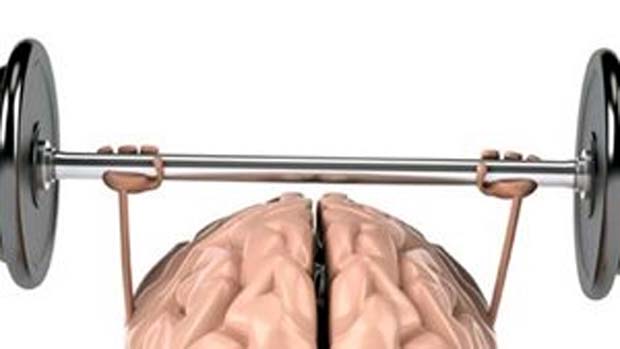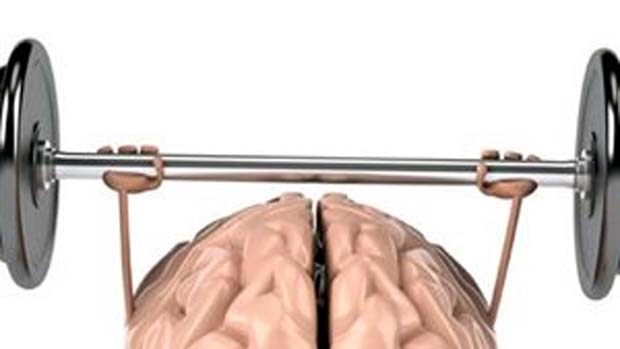Stress is a word heard in almost all conversations today when people talk about their professional careers as well as their personal life. Stress can take on many different forms from simply having too much on your plate to being asked to do more than ever with fewer resources.
Regardless if you are a stay-at-home parent or a CEO of a top company, stress can become overwhelming. Often when individuals are stressed, they find the pressure is not simply in one area of their life, but rather a culmination of demands from multiple people and obligations.
There are ways people can work through stress on their own, but even with the best tips and strategies anyone can benefit from working with a counsellor or psychotherapist in London with experience in assisting clients to manage stress.

At Philippe Jacquet & Associates, the goal is to provide a holistic look at stress and what is causing the challenges in life. Through talking, exploring options and learning new and effective strategies for stress management people can learn to minimize stress in their life both immediately as well as in the future.
A Closer Look at Cycle of Stress
Stress is a natural response to the body to a real or perceived threat. For our early ancestors stress, that feeling of fear, anxiety and impending danger, evolved as a form of self-preservation. When stressed, or exposed to a real or potential life threating event, the body systems for fleeing, freezing or fighting ramped up and the non-essential systems shut down.
The body was flooded with adrenaline to prepare the muscles to run away, freeze to stay safe, or to fight with that sabre tooth tiger. At the same time cortisol, a powerful stress hormone was also released that triggered energy conservation in the body and primed the systems to respond quickly. It also revved up the senses, giving better sight, smell and perception for accurate identification of the threat.
Then, once the threat was removed, the opposite systems kicked into place. This was needed to get the non-essential safety systems working again, such as the digestive and immune systems, and relaxing the large muscle groups and returning hormonal levels to balance.
This is normal, healthy, stress that is necessary to be able to think quickly, respond to challenges with additional focus and energy, and to marshal body resources when needed.
Chronic Stress
Today, most people aren’t stressed about actual physical danger, although threats can and do occur. When people dwell on these threats or have “flashbacks” of the fear or threat, they can re-experience the body response even when the threat is not present.
Most stress today is largely mental in nature, in that it is stress about finances, relationships, careers, decisions, health issues, family situations or any combination of the above. When stress becomes chronic, the body is always in a heightened state of awareness as is the brain, resulting in emotional and physical fatigue.
Chronic stress results in a range of noticeable and unhealthy physical and mental health symptoms. These can include:
- High blood pressure or hypertension
- Increased heart rate
- Increased risk of heart attack or stroke
- Increased respiration
- Changes in brain chemistry
- Increased risk of anxiety
- Relationship and communication difficulties
- Confusion and difficulties with decision-making
- Depression and anxiety
- Obesity
- Increased risk of developing diabetes
- Digestive disorders
- Increased risk of Alzheimer’s disease
The longer chronic stress is an issue in life, the greater the risk of developing a more significant physical or mental health condition. The good news is that through seeing a central London psychotherapist you can learn ways to relax, let go of stress, and keep yourself mentally and physically in balance.
Getting Help
One of the first differences you will notice at Philippe Jacquet & Associates is that the treatment focusses on a holistic approach. The therapist may choose a variety of treatment components to not just help you to talk through the challenges you are experiencing, but how to make meaningful and effective changes in lifestyle that work for you to help reduce stress.
For many clients, a combination of talk therapy, art therapy and education on stress and management techniques is highly effective for stress management. We may also recommend lifestyle changes such as healthier diets, increasing the use of meditation, yoga or fitness activities. We may also work on addressing any concurrent mental health issues, such as depression or anxiety, which may be contributing to the stress.
With treatment, people can be very effective at learning to handle the challenges in their lives without becoming overwhelmed with stress. These are skills useful for a lifetime, providing the peace of mind people need.



